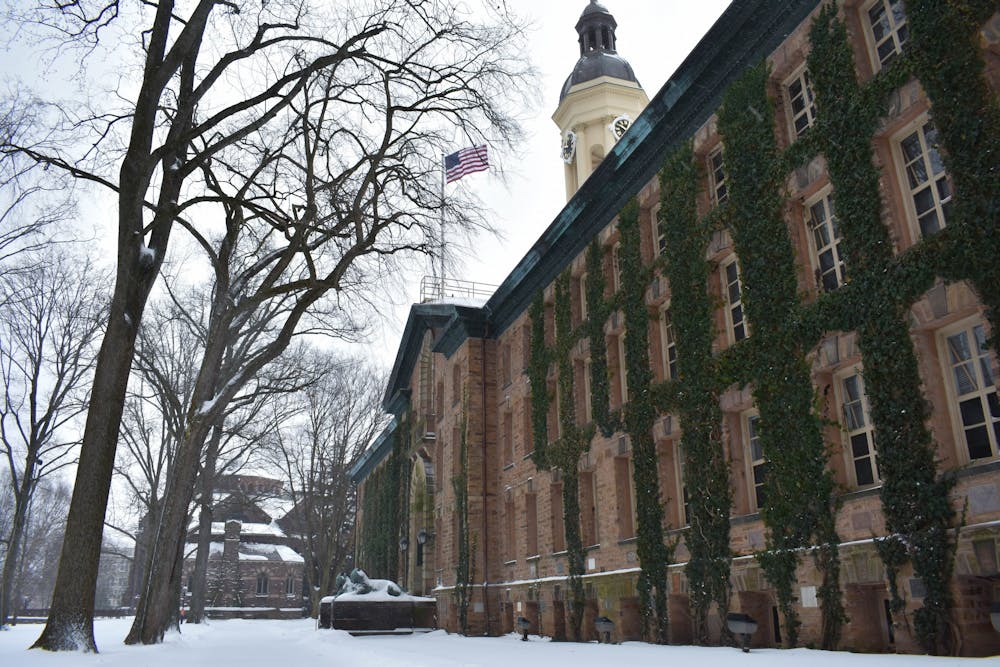Last month, the University entered into a $54,000 settlement agreement with the U.S. Department of Commerce Bureau of Industry & Security (BIS) over the improper export of “various strains and recombinants of an animal pathogen” over a five-year period.
According to University Deputy Spokesperson Michael Hotchkiss, the issue was discovered during a 2018 training session conducted by the University “to support compliance with export control regulations.”
“Princeton independently identified this issue and brought it to the attention of [BIS] in a voluntary disclosure,” Hotchkiss wrote in a statement to The Daily Princetonian.
The items involved were controlled for “Chemical and Biological Weapons reasons” and thus required a BIS license to be exported to overseas research institutions, which the University had failed to obtain.
In a BIS press release, Jonathan Carson, Office of Export Enforcement special agent in charge of the New York field office, wrote, “These laws are meant to keep the potential building blocks for chemical and biological weapons from proliferating across the globe.”
In a charging letter issued by the BIS in January, Director of the Office of Export Enforcement John Sonderman alleged 37 counts of “Export Control” violations from “on or about” Nov. 11, 2013 to “on or about” Mar. 5, 2018.
The settlement agreement was signed by Sonderman and Dean for Research Pablo G. Debenedetti in January and finalized on Feb. 1. Debenedetti deferred comment to Hotchkiss.
The animal pathogens and genetic elements were valued at approximately $27,000 and were shipped to a total of 15 countries, including Belgium, Canada, France, and the United Kingdom.

“Each of the shipments supported U.S. government-funded research that facilitated the dissemination of research materials to the scientific community,” Hotchkiss wrote.
“Princeton believes that most, if not all, of the exports would have been licensed if licenses had been sought at the time of export,” he added.
In addition to the civil penalty, the University was also ordered to complete two audits — one external and one internal. For the external audit, the University will be required to hire an unaffiliated third-party consultant “with expertise in U.S. export control laws.”
The University is currently implementing “enhanced compliance training and an audit of its exports,” according to Hotchkiss, and now “regularly obtains export licenses for animal pathogen exports.”

The University will also be required to submit two reports “describing enhancements to its compliance” with regulations due after 12 and 24 months, respectively. If the University fails to complete the audit and submit reports in a timely manner, BIS could issue an order denying all of the University’s export privileges under the regulations for up to one year.
The BIS Office of Enforcement Analysis did not respond to multiple requests for comment from the ‘Prince.’








